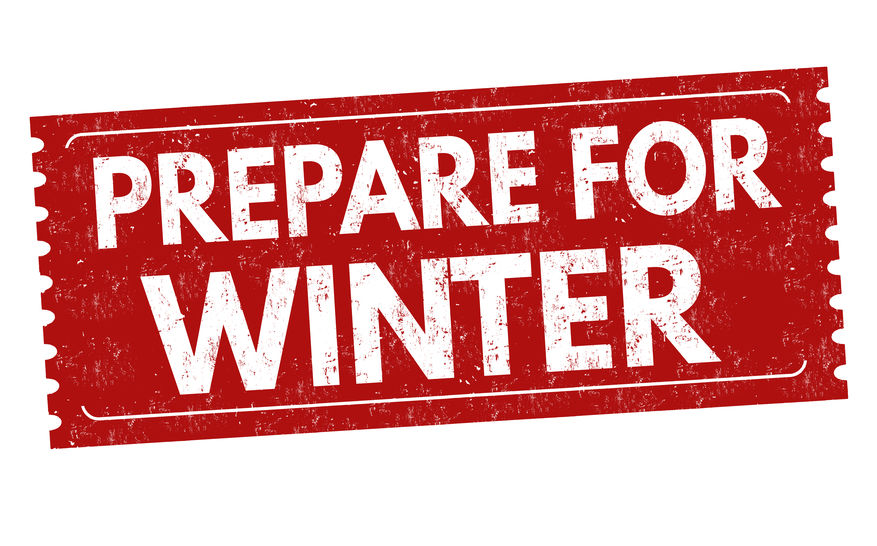Winter is just around the corner. Do you know what to do to prepare your plumbing system for the cold weather? These nine tips will help you avoid icy headaches in the coming months:
- Remove hoses. If you have hoses attached to your outdoor faucets, disconnect and drain them so that water will not freeze inside. Hoses that freeze during winter may become unusable next spring.
- Open cabinets. If the temperature is forecast to drop below freezing, allow warm air from your home to help heat your pipes. Open kitchen and bathroom cabinets and let the ambient air circulate around the pipes. In some cases, a fan or portable heater may be required.
- Let faucets drip. Allowing indoor faucets to drip slowly when temperatures are forecast to drop below freezing can prevent pressure from building up in internal pipes. This is especially important if pipes happen to freeze outside.
- Avoid temperature extremes. Avoid being too aggressive when setting the thermostat. Keeping the temperature roughly above 45 degrees will prevent internal pipes from freezing while still saving money. In the event of extremely cold spells, simply try to maintain a constant temperature in your home.
- Drain exterior faucets. You already disconnected all the hoses, but don’t forget to drain those outdoor faucets. Water that freezes and ruptures inside the lines can cause tens of thousands of dollars in damage. An extra step of caution is to shut off water flow to all exterior faucets and drains.
- Prevent clogs. Even though your garbage disposal may seem like it can handle anything, certain products can cause clogs and should be thrown in the trash instead. Fibrous and stringy food scraps like carrot skin or banana peels are hard to grind into small enough pieces to flow down a drain. Additionally, leftover grease should be thrown away as it can congeal inside drain pipes and cause problems.
- Cover up pipes. Any exposed pipes in basements, crawl spaces or attics should be wrapped with insulation. If your home experiences extreme temperatures, you may want to consider heat cable in addition to the insulation. Heat cable has a thermostat that senses ambient temperature and activates an electric heating element if it gets too cold.
- Maintain your sump pump. Check your sump pump and the pit it is located in before winter arrives. Clean the pump to ensure it will continue to operate in low temperatures. A malfunctioning sump pump can result in severe flooding that is very expensive to repair.
- Fix any leaks. If you have known leaks, now is the time to get them repaired so they do not freeze and cause bigger problems.
Tackling these tips should not be a cause for concern. Call Bieg Plumbing and let us winterize your home’s plumbing system. We’ve been serving the greater St. Louis area for over 60 years, so we know a thing or two about cold weather. Our skilled and professional plumbers will quickly get your home or business ready for anything Old Man Winter can throw at it so you can enjoy the changing seasons without worry.

